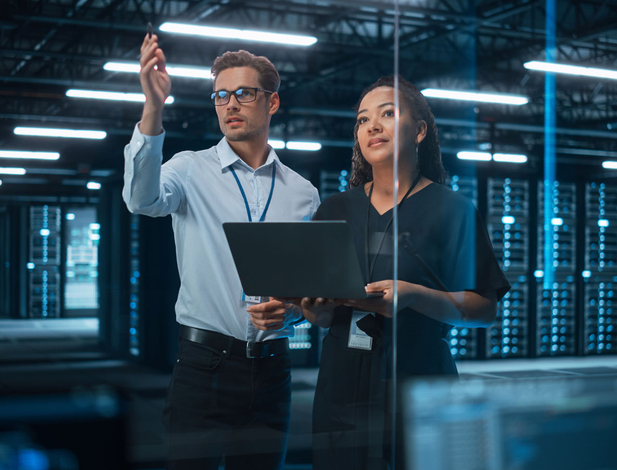Program Overview
In this introductory course, students will learn the basics of computer hardware, software, mobile computing, networking, troubleshooting, and emerging technologies. Students will learn about configuring operating systems, file and folder management, networks and network configuration, and the role of the OSI model in networking and troubleshooting. This course will also prepare students for the CompTIA IT Fundamentals Certification exam.
Through presentations, demonstrations, and knowledge-based exercises, students will gain a fundamental understanding of computer hardware, operating systems, computer application software, networking technologies and protocols, web browsers, identifying security risks, troubleshooting errors, and system maintenance. Students will also learn about cutting-edge technologies such as cloud computing and virtualization.


